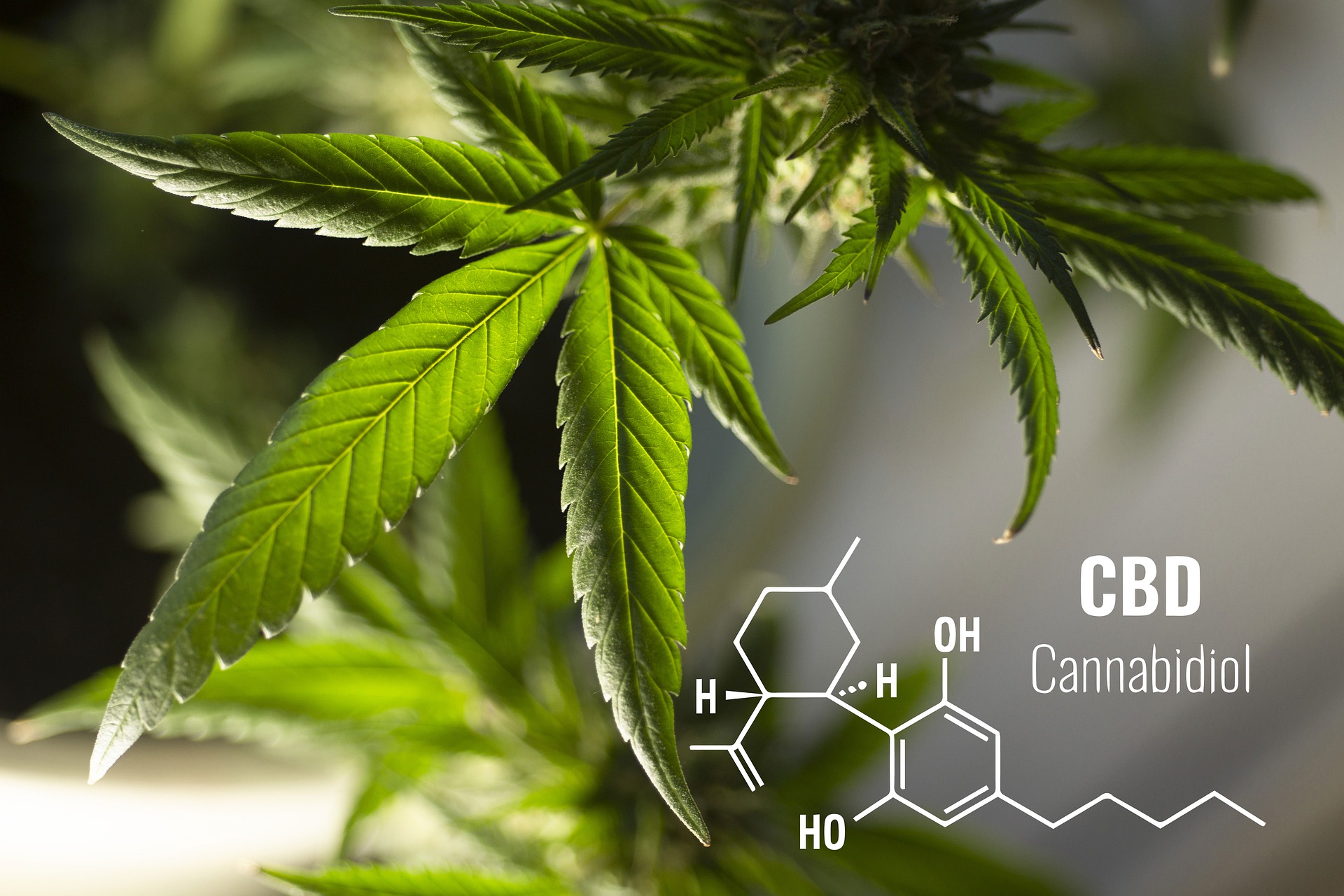Chili peppers are popular spices used in various cuisines around the world. Apart from adding a kick of heat and flavor to dishes, chili peppers also offer numerous health benefits. In this comprehensive guide, we will explore the nutrition facts and health effects of chili peppers, helping you understand why they are a valuable addition to your diet.
Nutrition Facts:
Chili peppers are low in calories but packed with essential nutrients. Here is a breakdown of the key nutrients found in chili peppers:
- Vitamin C: Chili peppers are an excellent source of vitamin C, a powerful antioxidant that supports immune function, collagen production, and iron absorption. A single chili pepper can provide up to 200% of the recommended daily intake of vitamin C.
- Vitamin A: Chili peppers are rich in vitamin A, which plays a crucial role in maintaining healthy vision, supporting the immune system, and promoting cell growth and development.
- Vitamin B6: Chili peppers are a good source of vitamin B6, which is essential for brain development and function, as well as for the synthesis of neurotransmitters.
- Capsaicin: The compound responsible for the fiery heat of chili peppers is capsaicin. It not only adds spice to your meals but also offers several health benefits, which we will explore in the next section.
- Fiber: Chili peppers contain a good amount of dietary fiber, which aids in digestion, promotes satiety, and helps regulate blood sugar levels.
Health Effects:
The consumption of chili peppers has been associated with several health benefits. Here are some of the potential positive effects:
- Pain Relief: Capsaicin in chili peppers has analgesic properties and is often used in topical creams for pain relief. It can help alleviate muscle and joint pain, including pain caused by arthritis and neuropathy.
- Weight Management: Chili peppers have been shown to boost metabolism and increase fat burning. They also help reduce appetite and cravings, making it easier to maintain a healthy weight.
- Heart Health: The capsaicin in chili peppers may have a positive impact on heart health. It can help lower blood pressure, reduce LDL cholesterol levels, and prevent the formation of blood clots.
- Cancer Prevention: Some studies suggest that capsaicin in chili peppers may help prevent certain types of cancer, including prostate, lung, and pancreatic cancer. However, more research is needed to establish a definitive link.
- Digestive Health: Chili peppers can aid digestion by increasing gastric juice production and stimulating the digestive system. They may also help reduce the risk of developing stomach ulcers.
- Antioxidant and Anti-inflammatory Effects: The antioxidants present in chili peppers, such as vitamin C, help fight oxidative stress and reduce inflammation in the body, which is associated with chronic diseases like heart disease, diabetes, and certain types of cancer.
- Mood Enhancement: Capsaicin triggers the release of endorphins, the feel-good hormones in the body, which can improve mood and promote a sense of well-being.
Tips for Incorporating Chili Peppers into Your Diet:
If you’re looking to include more chili peppers in your diet, here are a few tips:
- Start Slowly: If you’re not accustomed to spicy foods, start with milder peppers like bell peppers and gradually work your way up to hotter varieties.
- Diverse Recipes: Experiment with different cuisines and recipes that incorporate chili peppers, such as Mexican, Thai, Indian, and Korean dishes.
- Spice up Your Meals: Add sliced chili peppers to stir-fries, soups, stews, and sauces for an extra kick of flavor and heat.
- Balance with Other Ingredients: Combine chili peppers with other ingredients that help balance the heat, such as dairy products (e.g., yogurt, cheese) or acidic components (e.g., lime juice, vinegar).
- Be Mindful of Sensitivity: Some individuals may have a sensitivity or intolerance to capsaicin. If you experience discomfort or digestive issues after consuming chili peppers, it’s best to consult a healthcare professional.
Conclusion:
Chili peppers are not only a delicious spice but also a nutrient-packed ingredient with numerous health benefits. They are rich in vitamins, fiber, and capsaicin, offering advantages such as pain relief, weight management, heart health promotion, and cancer prevention. By incorporating chili peppers into your diet in a gradual and mindful way, you can enjoy their distinctive flavor and reap the rewards of their nutritional value. So, go ahead and spice up your meals with these fiery wonders!

























